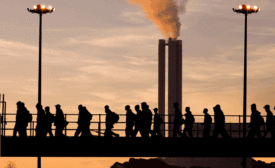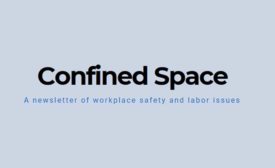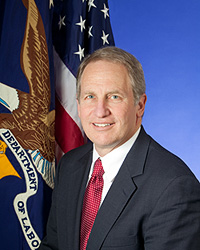News
How and why to verify worker training
Integrating technology with photo ID cards assures workers’ credentials
September 17, 2018
A Confined Space Blog post
There he goes again: Kavanaugh still doesn’t get it
Opinion
September 14, 2018
Never miss the latest news and trends driving the safety industry
eNewsletter | Website | eMagazine
JOIN TODAYCopyright ©2024. All Rights Reserved BNP Media.
Design, CMS, Hosting & Web Development :: ePublishing









